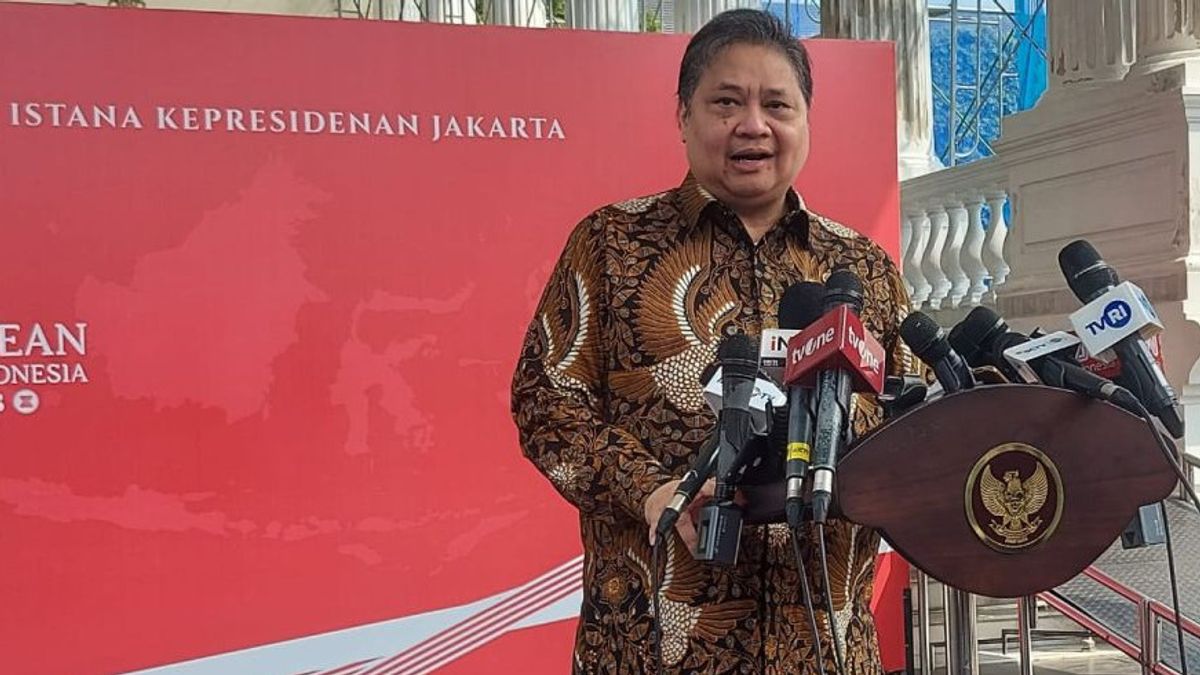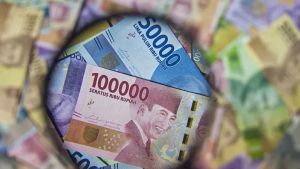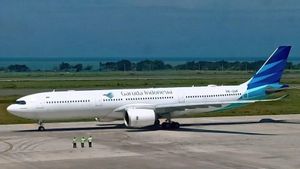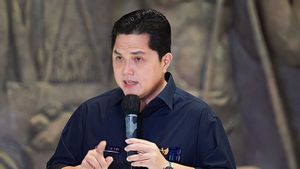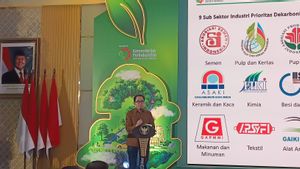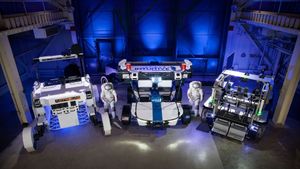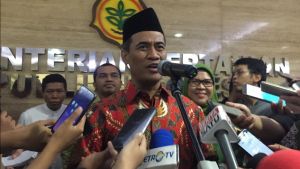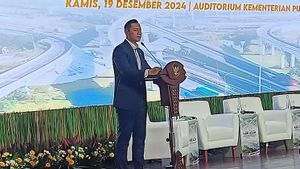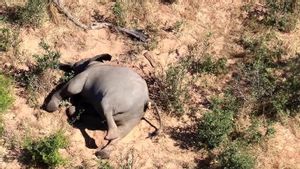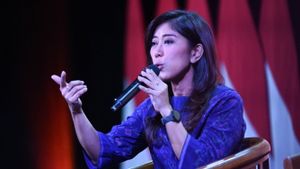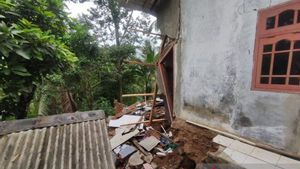JAKARTA - The government continues to be committed to carrying out sustainable development as an important aspect in realizing fair and inclusive development while still paying attention to environmental aspects.
In addition, the Government also continues to prioritize sectors that prioritize sustainability aspects as part of efforts to achieve economic growth.
This is in line with Indonesia's commitment to realize the 2045 Golden Indonesia Vision to become a high income country and become a 'State of the Archipelago Sovereign, Advanced, and Sustainable'.
Coordinating Minister for Economic Affairs Airlangga Hartarto said that to make it happen, economic transformation needs to be carried out, among others, through the implementation of a green and inclusive economy, optimizing added value, and innovation.
"The government's efforts are to encourage renewable energy, especially related to the commitment to increase the use of renewable energy to 23 percent by 2025 and 31 percent by 2050. In the electricity sector, New and Renewable Energy (EBT) per Semester I in 2023 has reached 15 percent," said Airlangga in his official statement Tuesday, December 5.
The government also continues to build PLT EBT on grids such as Floating PLTS, roof PLTS, and existing PLTU biomass co-firing, where currently the use of biomass has reached 306,000 tons.
Airlangga assured that the implementation of the EBT PLT will accelerate the achievement of the target of the EBT mix in 2025 and help achieve a 31.89 percent reduction in greenhouse gas emissions from business as usual and 43.20 percent with international assistance.
In addition, in the non-electric sector, the development of Biofuel in Indonesia will continue to be developed, both from biodiesel (bioetanol, HVO and Bioavtur), CPO, non-CPO, and large-scale industrial companies as well as the community.
For example, the mandatory B35 program in Indonesia has provided benefits such as reducing 34.9 million tons of CO2 and absorbing 1.6 million workers on farm and 12 thousand workers off farm.
Other sustainable policies include the development of an electric vehicle ecosystem and the development of 20 environmentally friendly Special Economic Zones (SEZs) spread across various regions in Indonesia.
Airlangga said the Government also continues to encourage various green-based financing instruments, such as Green Sukuk and SDG Bond, especially to build environmentally friendly-oriented projects.
"The government also encourages alternative instruments such as blended finance to strengthen financing schemes from international donor institutions such as partnerships with ADB, then there are several energy transition mechanisms. BPDLH has been formed and continues to strengthen the improvement in financing quality," said Airlangga.
In addition, Airlangga also said that the business world plays an active role in inclusive and sustainable economic development through Corporate Social Responsibility (CSR).
SEE ALSO:
The program can be optimized through synergies with Government programs, including in supporting the achievement of the Government's targets in eliminating extreme poverty by 2024.
CSR planning and distribution can also take advantage of data on the Targeting of the Acceleration of the Elimination of Extreme Poverty (PPKE) which has been matched with Integrated Social Welfare Data (DTKS). Thus, the CSR program can be more targeted and able to improve the welfare of the community.
"The government hopes that various stakeholders will participate in innovating to support downstreaming policies and the green economy transition," Airlangga concluded.
The English, Chinese, Japanese, Arabic, and French versions are automatically generated by the AI. So there may still be inaccuracies in translating, please always see Indonesian as our main language. (system supported by DigitalSiber.id)
